Following the normalization of virtual meetings during the pandemic, the idea of "personalized AI" started to gain significant momentum. A growing number of startups are developing "AI-driven" avatars—hyper-realistic digital characters with synthetic voices that can appear in both pre-recorded and live video formats. These avatars have drawn substantial venture capital, raising hundreds of millions of dollars over recent years. As the technology improves, these avatars promise to revolutionize digital marketing and training, offering more personalized experiences while drastically cutting video production costs. Among the high-profile clients of Synthesia—one of the leading companies in this field—are major brands like Tiffany, IHG, Teleperformance, BSH, Moody’s Analytics, and several UN entities. According to CEO Victor Riparbelli, 35% of the Fortune 100 are currently leveraging Synthesia’s technology for training and marketing.
"Synthesia is transforming traditional video production into a fully digital process," Riparbelli explains. "With just a Synthesia account, anyone can bring their creative ideas to life. Our mission is to make video creation accessible to everyone."
However, there are concerns from experts about the potential misuse of tools like Synthesia's to create deepfakes—AI-generated videos that replace a person in a real video with someone else’s likeness. These manipulated videos could be used to manipulate public opinion, spread misinformation during elections, or even wrongfully implicate someone in a crime. There have already been reports of Synthesia’s technology being misused for propaganda in Venezuela and the creation of false news content by pro-China social media accounts.
To address these concerns, Synthesia says it carefully vets its customers and their scripts. The company also requires explicit consent from individuals before using their likeness in AI-generated videos. Synthesia maintains a dedicated disinformation team that suspends accounts found in violation of its terms of service, which prohibit the use of the platform for political, sexual, personal, criminal, or discriminatory content.
In a recent announcement, Synthesia revealed that it raised $90 million in a Series C funding round led by Accel, with additional investments from Nvidia, Kleiner Perkins, GV, Firstmark Capital, and MMC. This latest round brings Synthesia’s total funding to $156.6 million, raising its valuation to $1 billion—up significantly from $300 million just two years ago.
Riparbelli shared with TechCrunch that while the company wasn’t actively seeking more investment, the offers from Accel and Nvidia were too compelling to pass up. "We now have over 50,000 customers," Riparbelli said. "Though we don’t disclose specific revenue figures, our year-over-year user growth rate is 456%, and we’ve had over 15 million videos generated on our platform."
Founded in 2017 by AI researchers and entrepreneurs from prestigious institutions like University College London, Stanford, the Technical University of Munich, and Cambridge, Synthesia employs around 200 people. The company is developing AI technology that enables users to create instructional videos featuring either stock or custom-designed AI avatars. Users simply input text, choose an avatar, and select a language to generate videos. In the past year, Synthesia raised an additional $180 million, further propelling its growth and boosting its valuation to $2.1 billion—more than double its worth in 2023.
Riparbelli stressed that Synthesia is not reliant on venture capital in the same way other AI companies, like OpenAI or Anthropic, are. While these companies have raised billions and are burning through significant amounts of capital to develop their foundational AI models, Synthesia’s approach has been more focused on sustainable growth and utility. "The hype cycle certainly benefits us," Riparbelli said. "But what matters most to us is building a solid, practical business."
With its latest round of funding and ongoing development, Synthesia is well-positioned to continue reshaping the future of digital video creation, while remaining mindful of the ethical challenges posed by the technology.





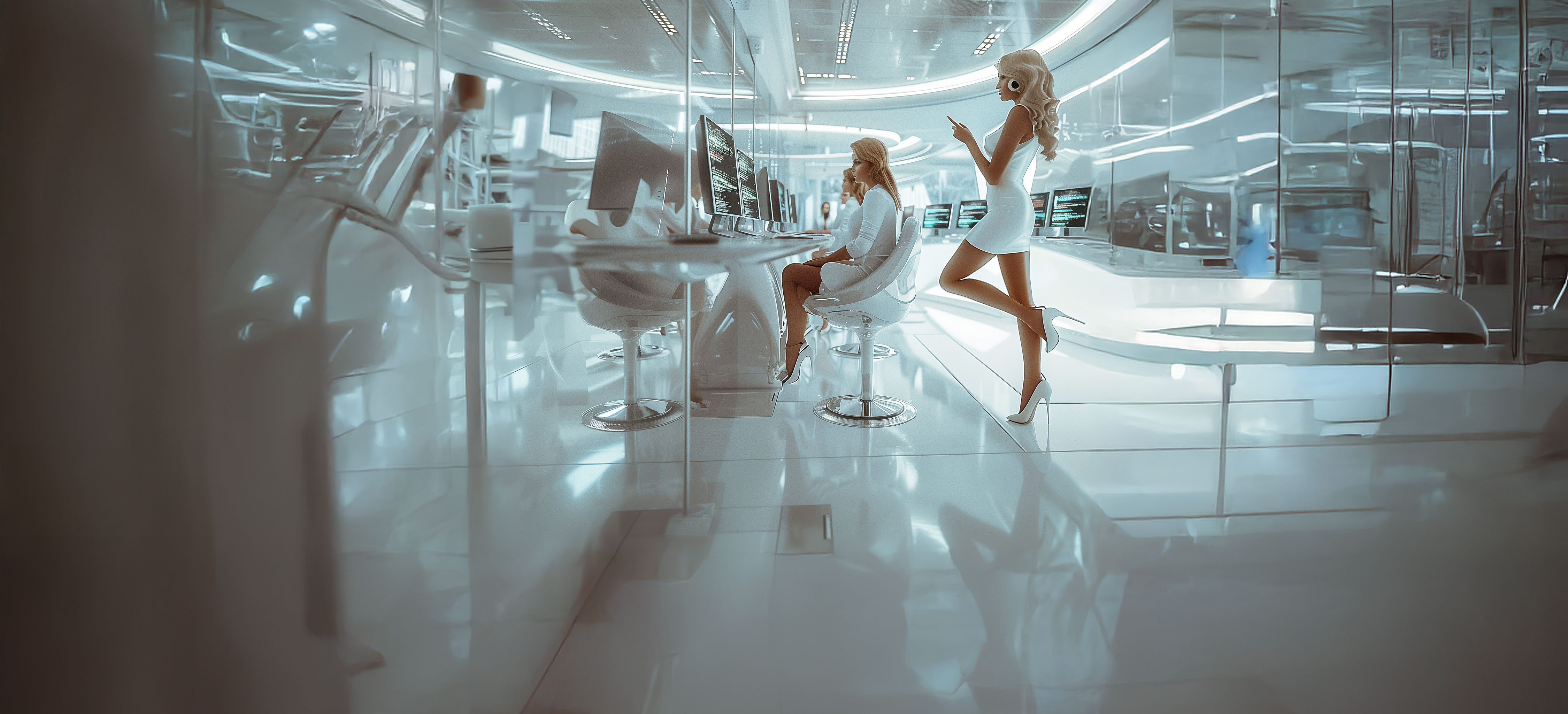

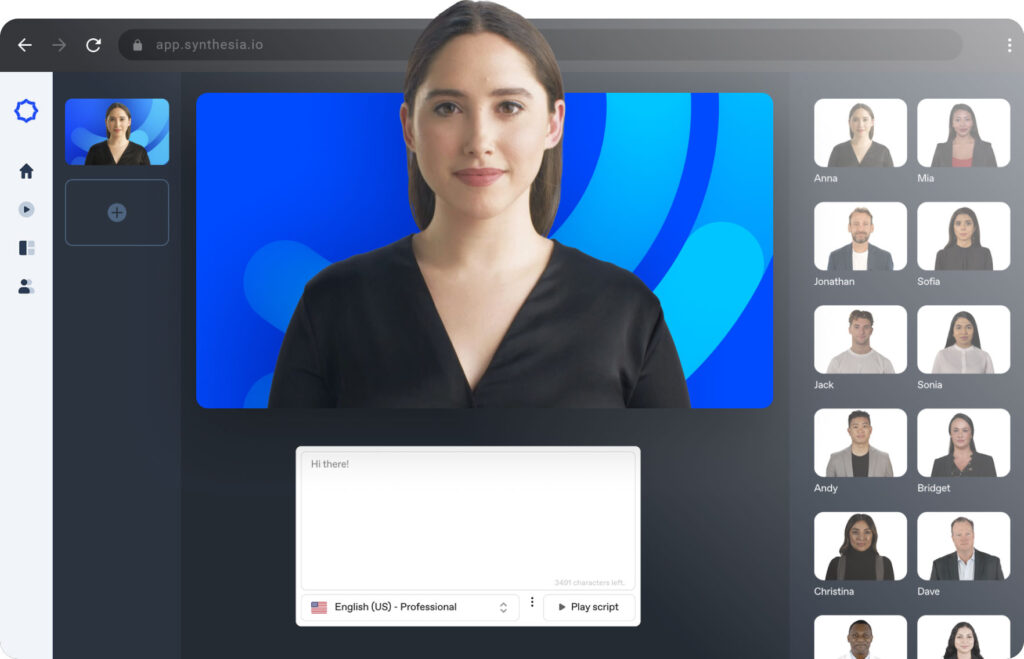






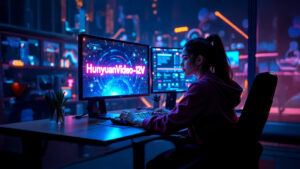


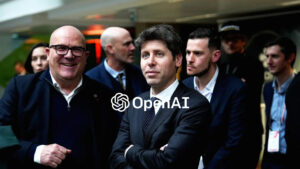















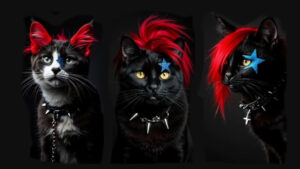











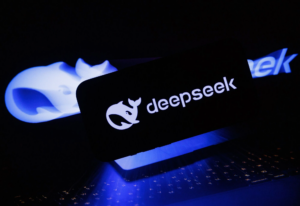

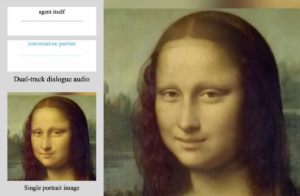


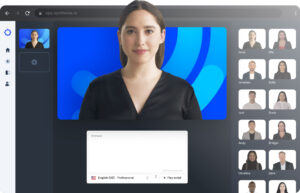


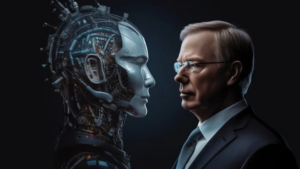







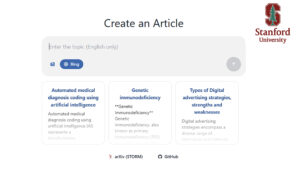



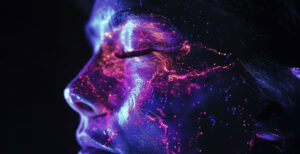














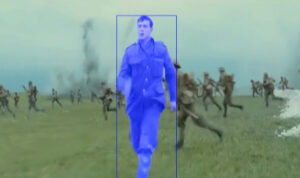




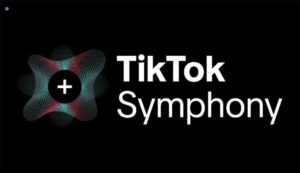

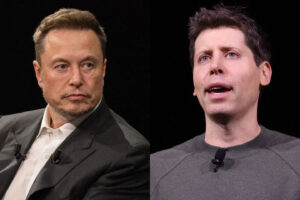






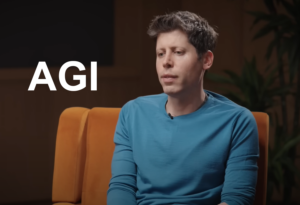
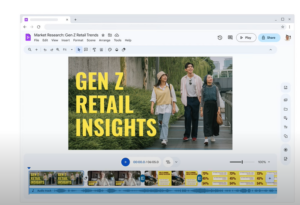




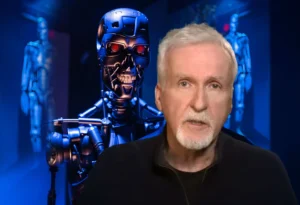
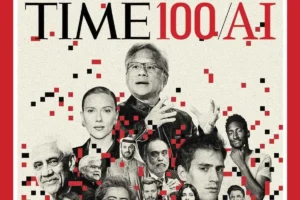
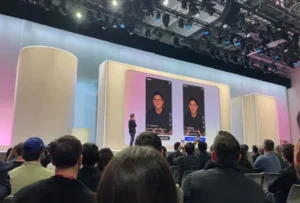



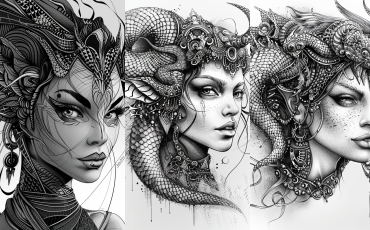
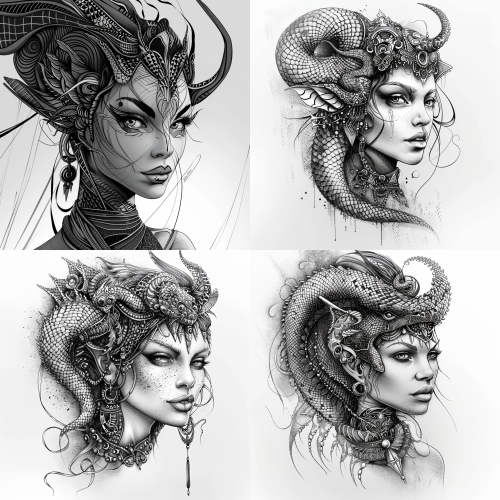


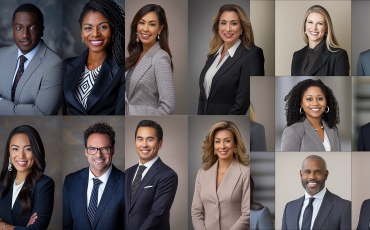
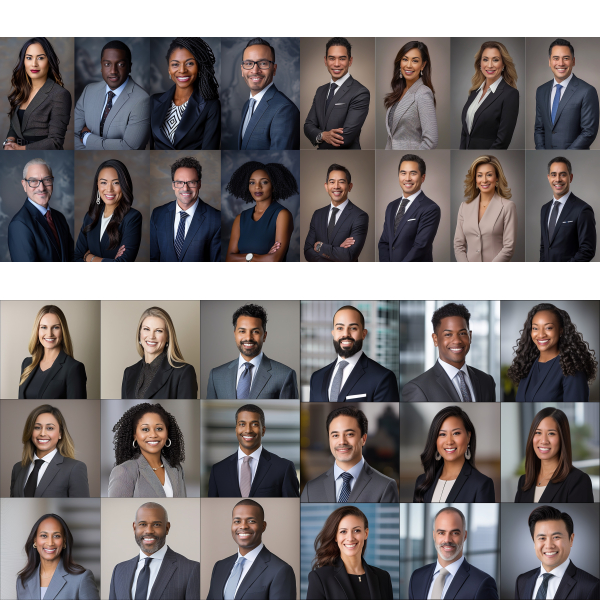


Validate your login
Sign In
Create New Account